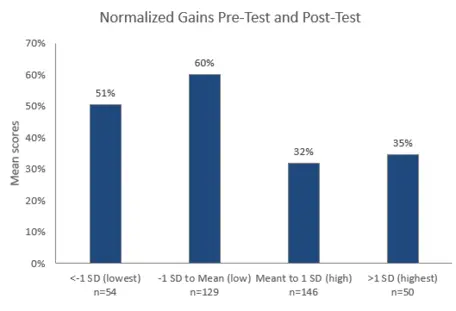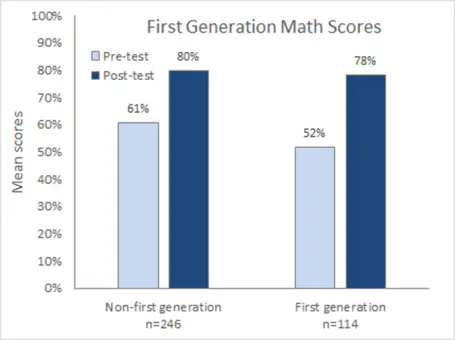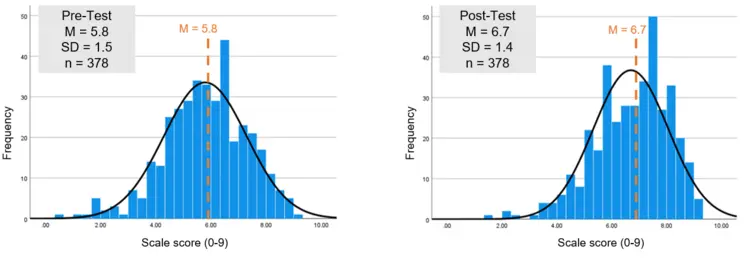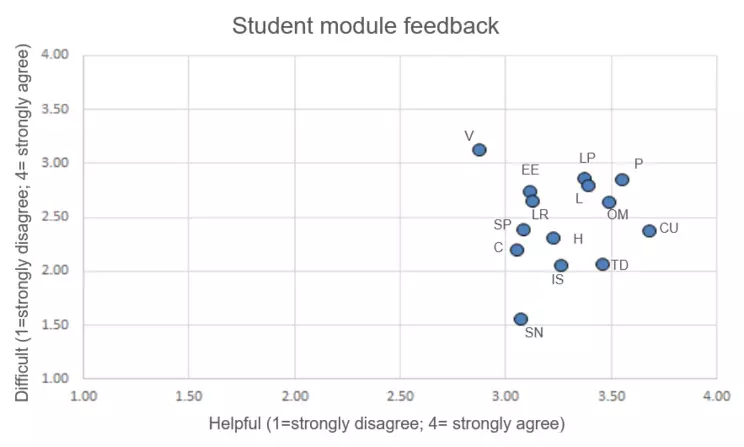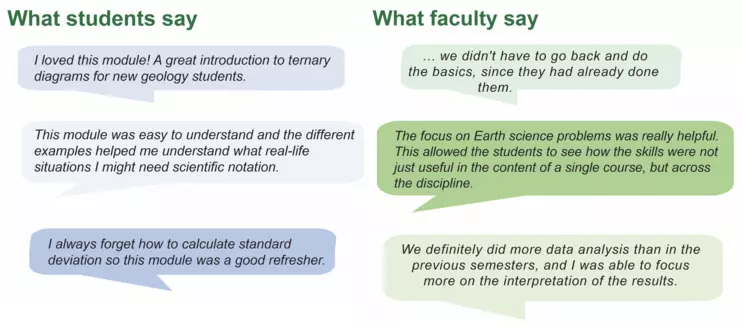Why Use These Modules?
To support and promote Earth Science students' quantitative learning
The Math Your Earth Science Majors Need supports quantitative learning so that instructors can more effectively and successfully apply quantitative techniques in their courses. The modules provide online supplemental instruction to increase the quantitative literacy of geoscience majors by recognizing their needs (review and/or remediation in mathematical techniques).
The web resources employ instructional techniques steeped in best practices in mathematics, statistics, and geoscience education, generating modules that advance students' knowledge and understanding of quantitative skills across the geosciences curriculum. Combined with classroom examples of quantitative concepts in a geoscience context, these web resources can begin to address concerns about mathematics prerequisites and remediation, including difficulties with teaching large numbers of students from diverse backgrounds, course adaptation to students' preexisting knowledge, and student self-assessment and monitoring (NSF 2006; NRC 2003; 2005). The modules also address concerns about the underpreparedness of geoscience graduates for the quantitative skills needed by employers (Mosher and Keane, 2021).
Why Math?
Faculty, policymakers, and employers all recognize a significant disconnect between the need for quantitative skills and the use and teaching of these skills in undergraduate geoscience programs.
- Modern geosciences use quantitative skills as a fundamental tool to investigate Earth processes (Manduca et al., 2008)
- The rapid increase of large data sets and models requires significant statistical skills for both applied and academic geoscientists (Mosher and Keane, 2021)
- Math is often not used in geoscience courses, even where there are prerequisites (McFadden et al., 2021).
- Employers seek students with strong quantitative skills (Viskupic et al., 2021)
Counteracting Math Anxiety
- Experience with success in math increases student confidence -- both Intro and Majors-level The Math You Need modules have been shown (see below) to increase skills and efficacy.
- There are viable strategies to address the strong negative affective response to math ("math anxiety") (Jameson et al., 2024)
- Some instructors may find the Promoting Confidence in Earth Science mini-lesson on Math Anxiety & Learning to be helpful to consider (see also NAGT Webinar: Affective Domain Mini Lessons in Introductory Geology Classes)
Evidence of Success
During the module testing phase, students completed pre- and post-tests related to math efficacy, proficiency, and attitudes at the start and end of the term. They also took a quiz at the end of each module. Here we summarize a few of the findings that show the modules are effective in promoting quantitative skill success.
Student math scores increase - with playingfield leveling effect
Students with pre-test math scores below the mean had greater increases on the post-test -- both for overall score and normalized gains.
First-generation college students' scores started lower but achieved parity with non-first-generation students by the post-test.
Student math self-efficacy related to math skills increases
On questions related to 18 math and statistics skills, students' self-efficacy increased from the pre- to post-survey.
Helpfulness and difficulty
Students found that the modules were helpful, even across a range of perceived difficulty levels.
Feedback
References
- McFadden, R.R., Viskupic, K., & Egger, A.E. (2021) Faculty self-reported use of quantitative and data analysis skills in undergraduate geoscience courses, Journal of Geoscience Education, 69:4, 373-386, DOI: 10.1080/10899995.2019.1700595
- Viskupic, K., Egger, A.E., McFadden R.R., & Schmitz, M.D. (2021) Comparing desired workforce skills and reported teaching practices to model students' experiences in undergraduate geoscience programs, Journal of Geoscience Education, 69:1, 27-42, DOI: 10.1080/10899995.2020.1779568
- Manduca, C. A., Baer, E., Hancock, G., Macdonald, R. H., Patterson, S., Savina, M., & Wenner, J. (2008). Making undergraduate geoscience quantitative. Eos, Transactions American Geophysical Union, 89(16), 149-150.
- Jameson, M. M., Sexton, J., London, D., & Wenner, J. M. (2024). Relationships and gender differences in math anxiety, math self-efficacy, geoscience self-efficacy, and geoscience interest in introductory geoscience students. Education Sciences, 14(4), 426.
- Mosher, S., & Keane, C. (Eds.). (2021). Vision and change in the geosciences: The future of undergraduate geoscience education. American Geosciences Institute.
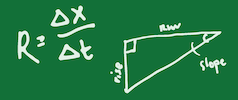
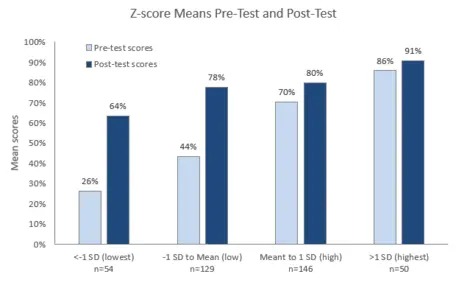
![[creative commons]](/images/creativecommons_16.png)
